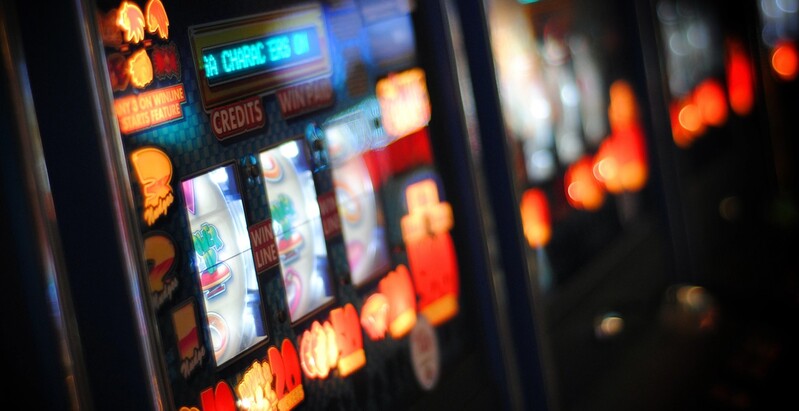When you see a loved one affected by this problem, you take action. We rarely talk about the other side of the intervention story. Even though gambling addiction interventions can and do help when done on the individual. We talk about other kinds of love in addiction all the time. Helping a child, a romantic partner or a friend is a kind of love that society understands and empathizes with. The South African gambling addiction statistics paint a very grim picture. This is a problem that our lawmakers have tried long and hard to solve. Several methods have been developed to help not only the online gambler, but also his or her family and friends, to try to help the person in question overcome his or her gambling addiction.
What is Gambling Addiction?
A gambling addiction is an unrelenting desire to bet on anything that can be bet on. Frankly, there is nothing wrong with gambling itself. It's fun, exhilarating, and in some circles, a very socially acceptable pastime. You may think that the gorgeous lady in the Tiger Woods commercial is right when she says, "Bet on, baby!" But problems arise when people who gamble just can't seem to stop. If you're a compulsive gambler, you don't just like to gamble; you have a pathological, compulsive need to "try your luck" (Bettinardi-Anglin et al. 128). As the National Council on Compulsive Gambling puts it, "For the compulsive gambler, the act of gambling is not only a risk to life and property; it often results in a loss of self-respect and dignity. In the life of a compulsive gambler, the next bet is always looming. Types of compulsive gamblers: This is not an exhaustive list. If you were to interview friends and family, you could probably come up with a dozen or so types of gamblers who fit the profile of compulsive gamblers.
Pathological Problem Gambler
The basic aspects of gambling that affect a person are their mood and behavior. They're not as bad as some addictive disorders and are stereotypically mild or benign - like the sometimes-mentioned gambling addiction. One could say that the addictive nature of gambling makes it less harmful than alcohol addiction or certain narcotic addictions, but in the end, all three of these addictive disorders have a similar outcome: the poor, pathologically impaired judgment of the addict, leading to impaired judgment that affects others.
Binge Gambler
Individuals who engage in compulsive gambling typically place bets at staggered intervals. These intervals mark times when the person is unable to gamble. Otherwise, they engage in the act of gambling again and can't seem to stop. Binge gamblers don't demonstrate any kind of responsible gambling behavior, and they accumulate a level of debt and risk of loss that seems comparable to not just throwing away a house, but doing so with some kind of hidden, held-out idea of being able to get the house back at some point in the future.
Compulsive Gambler
Of all the types of gambling, the one that can be considered the worst, primarily because of its impact on human lives, is that of the compulsive gambler. These individuals do not limit their gambling to money they can afford to lose; they gamble with money they don't have, in amounts that are frankly unbelievable. Even after a win, the compulsive gambler doesn't seem to feel the sense of victory that most of us would feel after, say, doubling our money in a casino. For these individuals, the need to keep betting and the desire to win back lost money seems to drive them on and on.
Causes of Gambling Addiction
People gamble for different reasons. For some, it is a harmless hobby; for others, it is a consuming addiction. But what makes one person gamble and another not? And why do some people seem to be born to gamble? Researchers studying these questions see a confluence of factors - genetic, environmental and personal - that make some people more likely to risk it all. They also say it's a pretty safe bet that what motivates one person to risk his or her life savings isn't the same thing that motivates another.
How to Deal with Gambling Addiction
In South Africa there are many ways in which a person can seek help for a gambling addiction. Dealing with such an addiction can be difficult, but seeking help can often be an even more difficult task. Even in these modern times, where the stigma of seeing a psychologist is becoming less and less, people still find it difficult to ask for help. There are many ways for a person to regain control of his or her life after losing it to gambling. Here is a selection of places where South Africans can go to get help for this addiction. This list is not exhaustive.
- Cape Town Gambling Addiction Clinics
- The NRGP operates a toll-free gambling hotline, 0800 006 008
- South African Responsible Gambling Foundation (SARGF): Work details - WhatsApp/SMS HELP to 076 675 0710
- Email [email protected]

